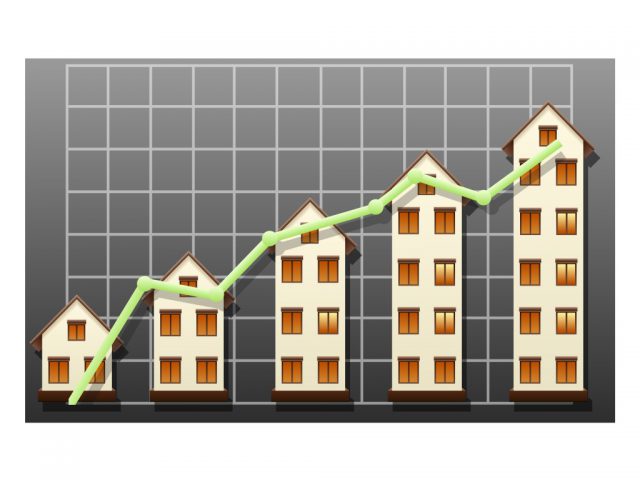Almost Half of Buyers are First Timers
First time buyers account for almost half (47%) of all mortgage-financed home purchases, significantly higher than 38% in 2011, revealed data from Halifax.
The latest Halifax First Time Buyer Review discovered that there were 139,500 first time buyers in the first six months of 2015.
Compared to the same period in 2014, there has been a 7% drop in first time buyer purchases (from 149,500). This is the first annual decline since the first half of 2011.
However, with the exception of 2014, it was the highest total for the first half of a year since 2007 and was 92% higher than the record low recorded in the first six months of 2009 (72,700).
And although there has been a fall in first time buyer purchases, the proportion of these buyers of all mortgage-financed house purchases has remained stable, also down 7%.
The amount of first time buyers has risen more rapidly than the number of second-steppers in the last few years.
The average first time buyer deposit in May 2015 was £29,894, 6% higher than May 2014 (£28,191). This increase mirrors house price growth over the last 12 months. The average first time buyer deposit is now 82% higher (£13,494) than in 2007 (£16,400).
The Stamp Duty changes of December 2014 have saved the average first time buyer £716 when buying a home, cutting the tax bill for those buying the average first time buyer property – priced at £178,370 – from £1,783 to £1,067.
For first timers in London, the reduction in Stamp Duty is £3,154, from £10,269 to £7,115 on the average first time buyer home in the capital, worth £342,313.
Mortgages Director at Halifax, Craig McKinlay, says: “There was a modest decline in the number of first time buyers in the first half of the year following the substantial increases recorded in 2013 and 2014. This fall has been in line with the general softening in market activity.
“However, there are now signs of a pick-up in mortgage activity as the economy continues to recover and mortgage interest rates remain at very low levels. These factors could boost the number of first time buyers during the second half of the year.”1
1 http://www.propertyreporter.co.uk/property/how-many-new-first-time-buyers-so-far-in-2015.html











